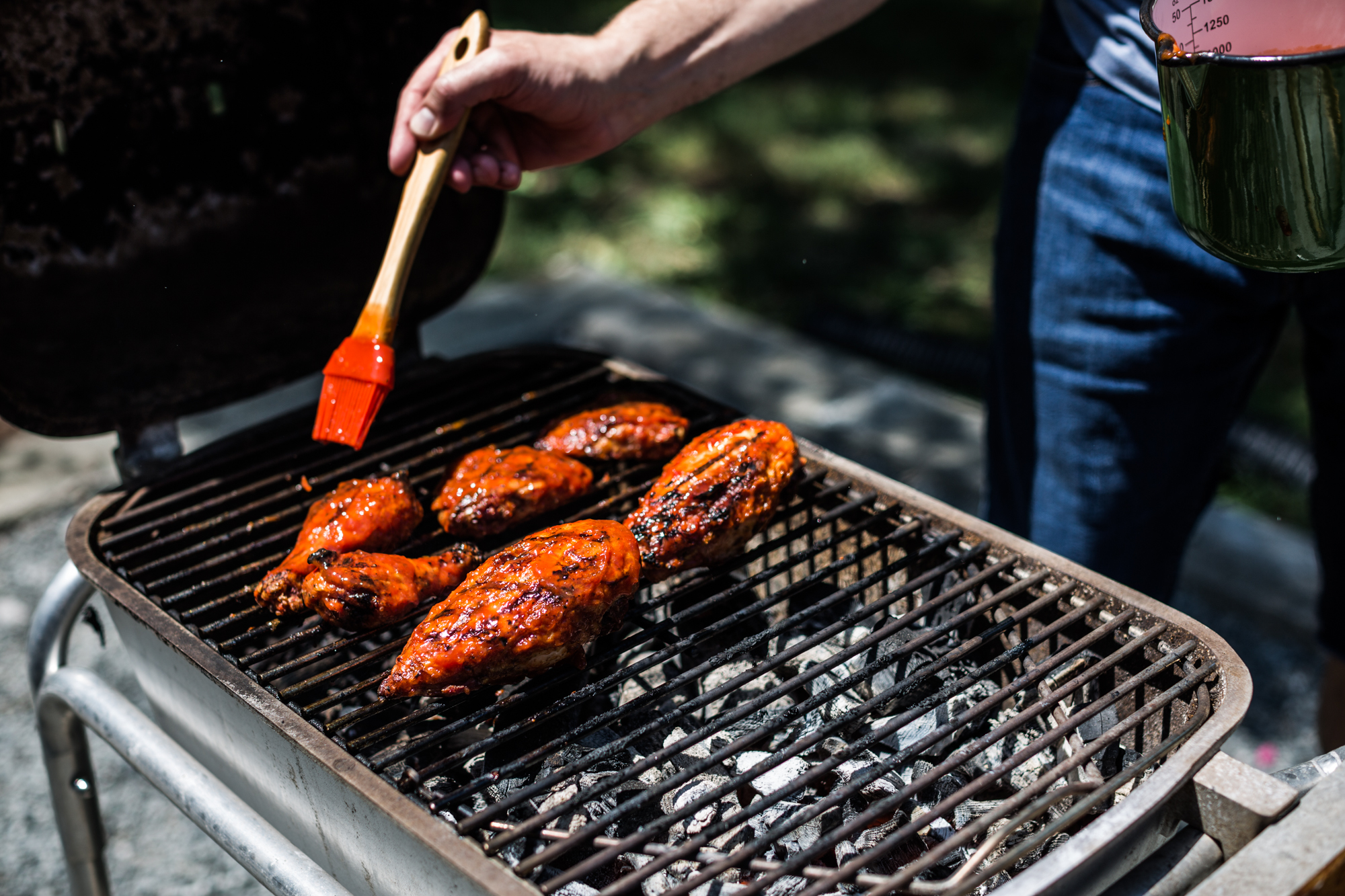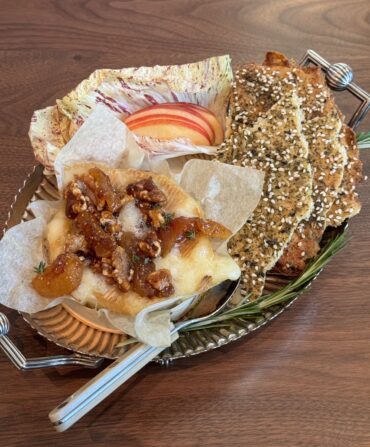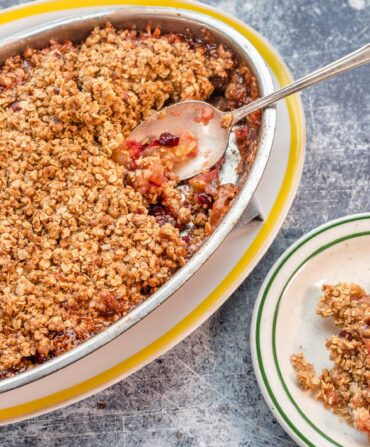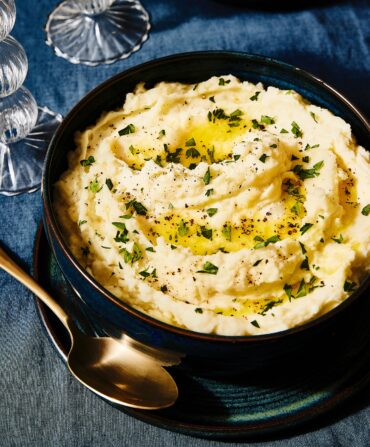Barbecue chicken is one of those dishes that seems deceptively easy. Yardbird, charcoal fire, barbecue sauce… what could go wrong? Namely, the sugar in the sauce can blacken long before the meat is done, leaving hapless grillers with something that looks like it fell from space.
Tandy Wilson has spent a lifetime getting barbecue chicken right. Several lifetimes, actually.
“I’m sure it started with my granddad, but my dad always cooked barbecue chicken, and it got better and better over the years,” says the chef of Nashville’s lauded City House and brand-new Mop/Broom Mess Hall. “I started with it when I was in college. Now, I’m still cooking that chicken, trying to make a little bit better each time.”

Photo: Andrea Behrends
Chef Tandy Wilson at home in his kitchen.
The dish is one of the centerpieces of the menu for Mop/Broom, set to open in early September just around the corner from City House in Nashville’s Germantown neighborhood. If City House was the restaurant of an ambitious young chef building his name, Mop/Broom projects the more relaxed vibe of a seasoned pro. “We’re cooking with ingredients from now—all these fun things we have access to,” Wilson says. “I’m really having a blast.” You can easily tell from the menu, which is heavy on foods diners can eat with their hands—hushpuppy battered fried catfish, chili cheese chickpea fries, and that chicken.

Andrea Behrends
So how does he do it? “A charcoal fire is important—the coals have to have burned off to a good orange,” he says. “Then, get the chicken a little above the heat. Take it slow—get some caramelization, don’t be afraid of that.” As the meat is finishing up, that’s when you should start saucing. “I brush the sauce on, flip it, then brush it again. I give it a few coats.” The idea is to cook the sauce onto the chicken—similar to how Wilson’s tomato sauce finishes cooking on pizzas in City House’s ovens. It only takes a few minutes right at the end.
“This is not smoked chicken from a pit master,” Wilson says. “This is back-yard, sticky-fingers, delicious barbecue chicken.” See for yourself with his recipe below.








